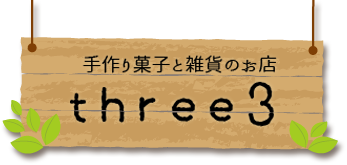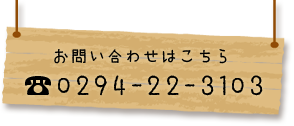Quasi-Contract Recovery
2022年6月30日
Quasi-Contract Recovery: Understanding the Basics
In the world of legal contracts, you may have heard the term “quasi-contract.” What exactly does this mean? And how can it impact your recovery if you find yourself in a dispute with another party?
Let’s dive in and take a closer look at quasi-contract recovery, including what it entails, how it differs from a traditional contract, and what steps you can take to protect your interests.
What is a Quasi-Contract?
Also known as an “implied-in-law” contract, a quasi-contract is a legal concept used to describe a situation where two parties have not entered into a formal agreement, but where one party has received a benefit from the other party.
In essence, a quasi-contract implies a contract where none actually exists. It is a legal construct that is designed to prevent unjust enrichment.
For example, let’s say that you perform some work for a neighbor, but you do not have a written agreement in place. If your neighbor then refuses to pay you, you may be able to seek recovery under a quasi-contract theory.
How Does Quasi-Contract Recovery Work?
To recover under a quasi-contract theory, you must be able to show three things:
1. That you provided some benefit or service to the other party.
2. That the other party accepted the benefit or service.
3. That it would be unjust for the other party to retain the benefit without compensating you.
In other words, quasi-contract recovery is based on the idea that it would be “unfair” for one party to receive a benefit or service without compensating the other party. This broad principle applies regardless of whether a formal agreement was in place.
Quasi-Contract vs. Contract
It is important to note that a quasi-contract is not the same thing as a traditional contract. Unlike a contract, which is a legally binding agreement entered into by two parties, a quasi-contract is a legal construct that is created by the courts to prevent unjust enrichment.
Another key difference is that a traditional contract involves a meeting of the minds between the parties. In other words, both parties must agree to the same terms in order for the contract to be valid. This is not the case with a quasi-contract.
Finally, while a contract may be explicit in terms of how payment will be made, the terms of a quasi-contract will be determined by the courts. This makes it somewhat less predictable than a traditional contract.
Protecting Your Interests
If you find yourself in a dispute with another party and believe that quasi-contract recovery may be appropriate, it is important to take steps to protect your interests. This may include documenting the services or benefits you provided, gathering evidence of the other party’s acceptance of those services or benefits, and seeking the advice of a qualified attorney.
By understanding the basics of quasi-contract recovery, you can better protect your rights and interests in any legal dispute.



